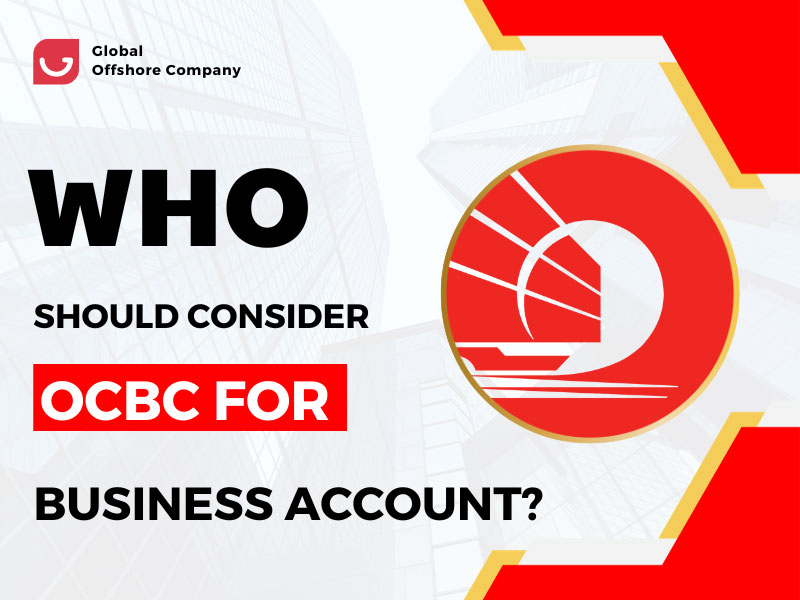Internet banking vs Digital banking
In today's digital age, the way we manage our finances has undergone a significant transformation. Two terms often used interchangeably, but with subtle distinctions, are "internet banking" and "digital banking." In this comprehensive guide, we'll explore the differences between these two banking methods, shedding light on their unique characteristics, functions, and how they're shaping the future of financial services.
Internet Banking: The Pioneer of Online Finance
Internet banking, also known as online banking, was one of the first steps in the digitization of banking services. Here are some key features and distinctions of internet banking:
- Web-Based Platform: Internet banking typically involves accessing your bank account and conducting transactions through a bank's website. It's all about using a web-based platform to interact with your financial institution.
- Limited Accessibility: Internet banking is traditionally accessible through a desktop or laptop computer. While some platforms are mobile-friendly, the primary mode of access is via web browsers.
- Core Banking Functions: It provides core banking functions such as checking account balances, transferring funds between accounts, paying bills, and viewing transaction history.
- Security Measures: Security in internet banking often involves using passwords, two-factor authentication, and secure socket layer (SSL) encryption to protect your data and transactions.
- Customer Support: In case of issues or questions, customer support in internet banking usually involves helplines, email support, or even visiting a physical branch.
Digital Banking: The All-Encompassing Financial Experience
Digital banking is a broader term that encapsulates a wider array of services and technologies. Here's what distinguishes digital banking from its predecessor:
- Multi-Platform Access: Digital banking isn't limited to web browsers. It extends to mobile apps, allowing customers to manage their finances through smartphones and tablets. It provides a seamless, multi-platform experience.
- Advanced Services: Digital banking goes beyond the basics of internet banking. It includes services like investment management, loan applications, peer-to-peer (P2P) payments, and personal financial management.
- Enhanced User Experience: Digital banking prioritizes user experience, offering intuitive interfaces and personalized dashboards. It often incorporates data analytics to provide insights into spending and financial habits.
- Third-Party Integration: Digital banks often partner with third-party fintech companies to provide additional services. This can include budgeting tools, insurance, investment options, and more.
- Security Advancements: Digital banking leverages advanced security measures, such as biometrics (fingerprint or facial recognition), to ensure the safety of customer data and transactions.
- 24/7 Support: Digital banking typically provides 24/7 customer support through various channels, including chatbots, live chat, email, and phone.

Key Differences Between Internet Banking and Digital Banking
| Internet Banking | Digital Banking | |
|---|---|---|
| Scope of Services | Primarily offers core banking functions like checking balances, transferring funds, and bill payments. | Provides a broader range of services, including investment management, loan applications, budgeting tools, and integration with third-party financial apps. |
| Platform Accessibility | Predominantly accessed via web browsers on computers. | Accessible through web browsers and dedicated mobile apps, offering a more flexible and user-friendly experience. |
| User Experience | May have a more basic interface and limited personalization. | Prioritizes user experience with personalized dashboards, data analytics, and user-friendly design. |
| Security Measures | Typically employs traditional security measures such as passwords and two-factor authentication. | Incorporates advanced security technologies like biometrics (fingerprint and facial recognition) to enhance data protection. |
| Customer Support | Offers customer support through traditional channels, like helplines and email. | Provides 24/7 support through a variety of channels, including chatbots and live chat. |
The Future of Banking: A Blend of Both
As the financial services industry continues to evolve, the line between internet banking and digital banking is becoming increasingly blurred. Many traditional banks have recognized the need to embrace digital transformation and offer a comprehensive range of services to meet the demands of tech-savvy customers.
The future of banking lies in a seamless integration of internet banking and digital banking. Customers can expect to access core banking services through user-friendly web platforms while also enjoying a plethora of advanced services through dedicated mobile apps. The emphasis on data analytics and personalized financial management tools will continue to grow, providing users with a deeper understanding of their finances.
Third-party integration is set to expand further, allowing customers to manage various aspects of their financial lives through a single digital banking platform. Additionally, the implementation of blockchain technology, artificial intelligence (AI), and open banking will revolutionize the industry, providing new opportunities and challenges.

Embrace the Evolution
In a world where digital transformation is the norm, embracing the evolution of banking services is essential. While internet banking laid the foundation for online financial management, digital banking has expanded the horizon to offer a more comprehensive and user-centric experience.
The distinction between internet banking and digital banking is not about choosing one over the other; it's about understanding the capabilities of each and leveraging them to your advantage. The future of banking is undoubtedly digital, and by embracing the amalgamation of internet and digital banking, customers can unlock a world of financial possibilities and enjoy the convenience of managing their finances on their own terms.
To understand more about banking terms and expertise, come to G.O.C - management consulting business and work with us. Global Offshore business specializes in offshore business formation and related ongoing activities such as banking assistance, outsourced bookkeeping, accounting & taxation, auditing, and relocation work permits. We are certain that with a broad network of local service providers and financial institutions in more than ten countries, we can provide knowledge and strategic guidance that is aligned with your business's goals.

*Disclaimer: This article is for informational purposes only and does not constitute legal or financial advice. Consult with professionals before making any financial decisions.*

.png)









